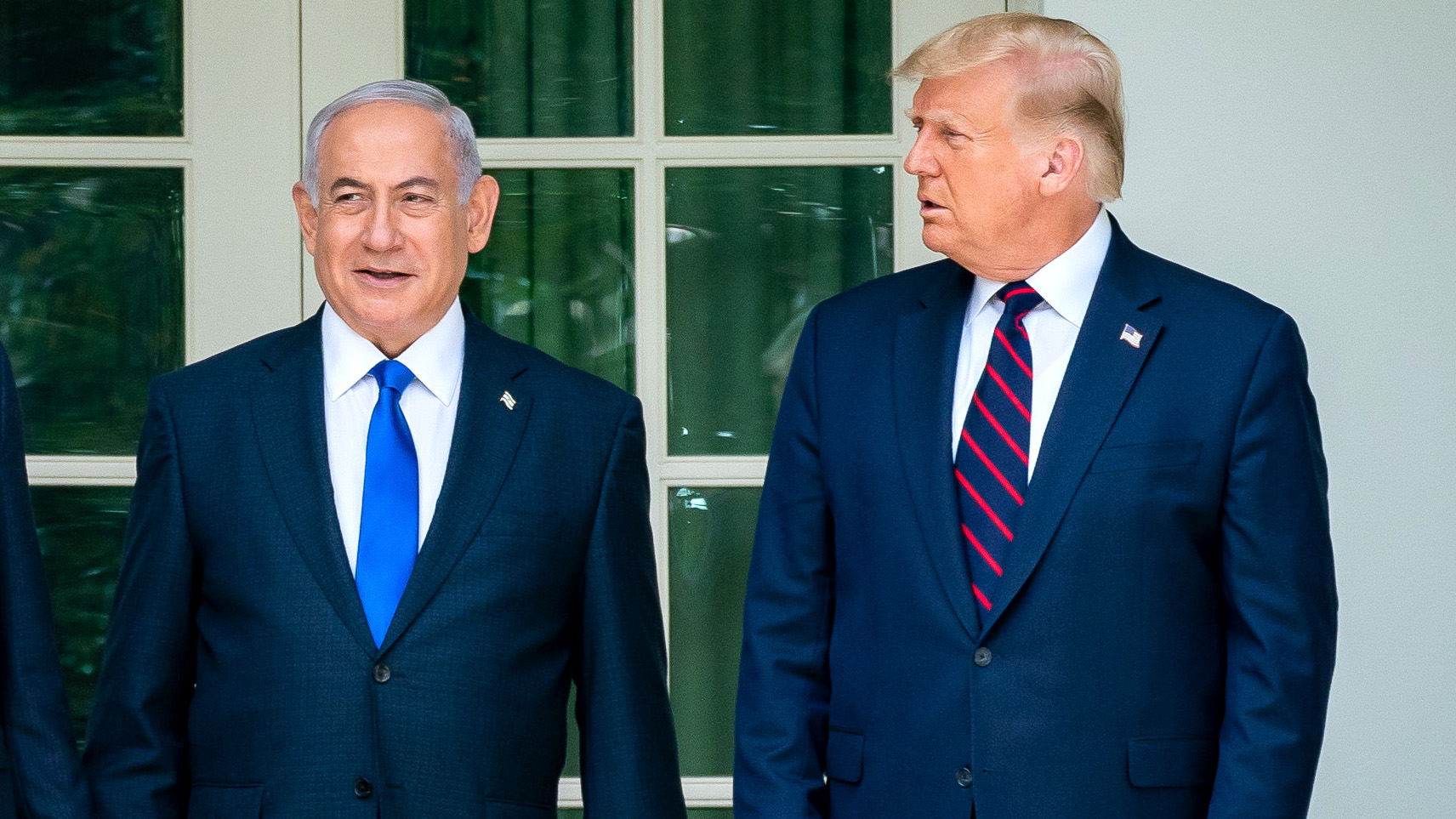Israel’s Finance Minister Bezalel Smotrich on Tuesday signed a directive to immediately remove all tariffs on U.S. imports. The move comes ahead of President Donald Trump’s planned announcement on implementing reciprocal tariffs.
Trump’s tariffs are set to go into place on Wednesday, April 2, which his administration is calling “Liberation Day.” Trump reporters told reporters on Sunday that the tariffs would be on “all countries,” though advisors in his administration said they would focus on select countries with the largest trade imbalances.
Smotrich said his goal is to have a “zero-tarrif policy” and “maintain positive trade relations” with the United States. The United States is currently Israel’s largest trading partner, with total goods trade estimated to be valued at $37 billion in 2024. In 2024, the US imports from Israel stood at $22.2 billion, while exports were estimated at $14.8 billion, according to the US trade representative.
“Fully eliminating tariffs on imports from the US is an important step to safeguard the Israeli economy during a sensitive period and to strengthen the economic relationship with our most important ally – the US,” Smotrich said Tuesday.
“We will continue to act decisively to protect Israeli exports and preserve the competitive advantages of Israel in the international arena.”
Smotrich’s move was coordinated with Israeli Prime Minister Benjamin Netanyahu and Israeli Economy Minister Nir Barkat, and must obtain final approval from the Knesset Finance Committee and the signature of the Economy and Industry Minister.
The customs levies sent to be removed are reportedly on fruits, vegetables and other agricultural goods.
In a statement, Netanyahu said that the custom duty reduction will benefit Israeli consumers by possibly reducing their cost of living through an “anticipated expansion in imports of food and agricultural products from the US.”
“Cancelling the customs duties on American goods is an additional step in the policy that my governments have led for a decade in opening up the market to competition, introducing variety to the economy and lowering the cost of living,” Netanyahu said. “We will continue to work to reduce barriers and customs, and bolster our special relationship with the US.”
The U.S.-Israeli 1985 free trade agreement gradually led to nearly zero tariffs by 1995, apart from some restrictions including quantitative restrictions and fees on agricultural products, which are allowed under the agreement.
“The remaining tariffs are in place partly because we don’t want to be flooded by cheap agricultural products and to protect the local agricultural industry, which means that a removal of the tariffs will require the Israeli government to come up with an agricultural policy to support local producers,” Dan Catarivas, president of the Israeli Federation of Bi-National Chambers of Commerce and Industry, told The Times of Israel.
Currently custom duties on American goods amount to above $11.3 million per year for the Jewish state, according to the Finance Ministry data.

